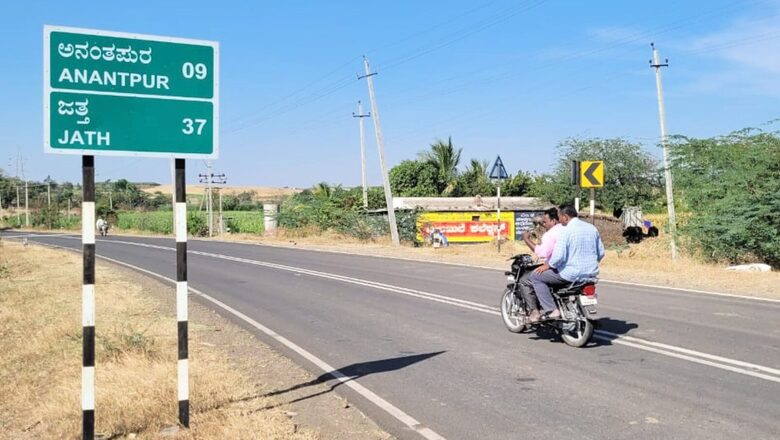
views
An intense game of ‘kabaddi’ keeps a group of young children of Sangli’s Jath taluka engaged as they turn the premises of their Zilla Parishad Primary Kannada School, Mendhegeri, into a playground. The little ones shout out instructions in Kannada while living in the Marathi heartland, unaware that a similar game of ‘Border Kabaddi’ is playing out between neighbours Karnataka and Maharashtra.
Just like the game, both states seem to have equal opportunities to ‘raid’ and ‘defend’ the disputed grounds (border villages) in the hope to capture any issue that can benefit them politically. But unlike the game — which ends at some point with a winner — this border dispute seems to have no end in sight.
Caught in this crossfire are the people of Jath, the disputed area that caught the nation’s attention after Karnataka’s Chief Minister Basavaraj Bommai claimed that 44 gram panchayats of this Maharashtra taluka want to be with Karnataka. The assertion came at a time when Maharashtra is trying to lay claim to Karnataka’s Belagavi while challenging the Mahajan Commission report.
‘Treated like second-grade citizens’
News18 travelled to villages in Jath (Sangli), 200 kilometres away from Belagavi — the epicentre of the border row — to understand the ground situation and why residents want to be a part of Karnataka.
Jath’s connection to the southern state is not just linguistic. In the heart of Marathi-speaking Sangli, these 40-odd Kannada-speaking villages pledged their allegiance to Karnataka for a better life. The villagers — who struggle for basic amenities like drinking water, employment opportunities, and healthcare — feel they are treated as ‘second-grade citizens’ and abandoned by Maharashtra.
The people of Jath pride themselves on being a ‘Kannadiga’ and make a conscious effort to stay disconnected from Marathi culture.
“When we visit government offices, the documentation and mode of communication are all in Marathi. We are not conversant with the language and in the process, get treated like second-grade citizens,” said Veerappa Malappa Karjougal, a farmer in Khojanwadi, Jath taluka.
Hoping for winds of change
Shiva Basavu, an engineer working in Pune, takes pride in declaring that his mother tongue is Kannada. “In our Khojanwadi village, nobody speaks Marathi. A significant number of people in Jath taluka speak Kannada. Except the 45-50 villages in this area, all others speak Marathi and seem to get all the help from the Maharashtra government — be it education, hospitals, jobs, water for irrigation, or transport. We get nothing,” Basavu said, explaining how he was forced to go to Bijapur for higher studies as Jath lacks facilities.
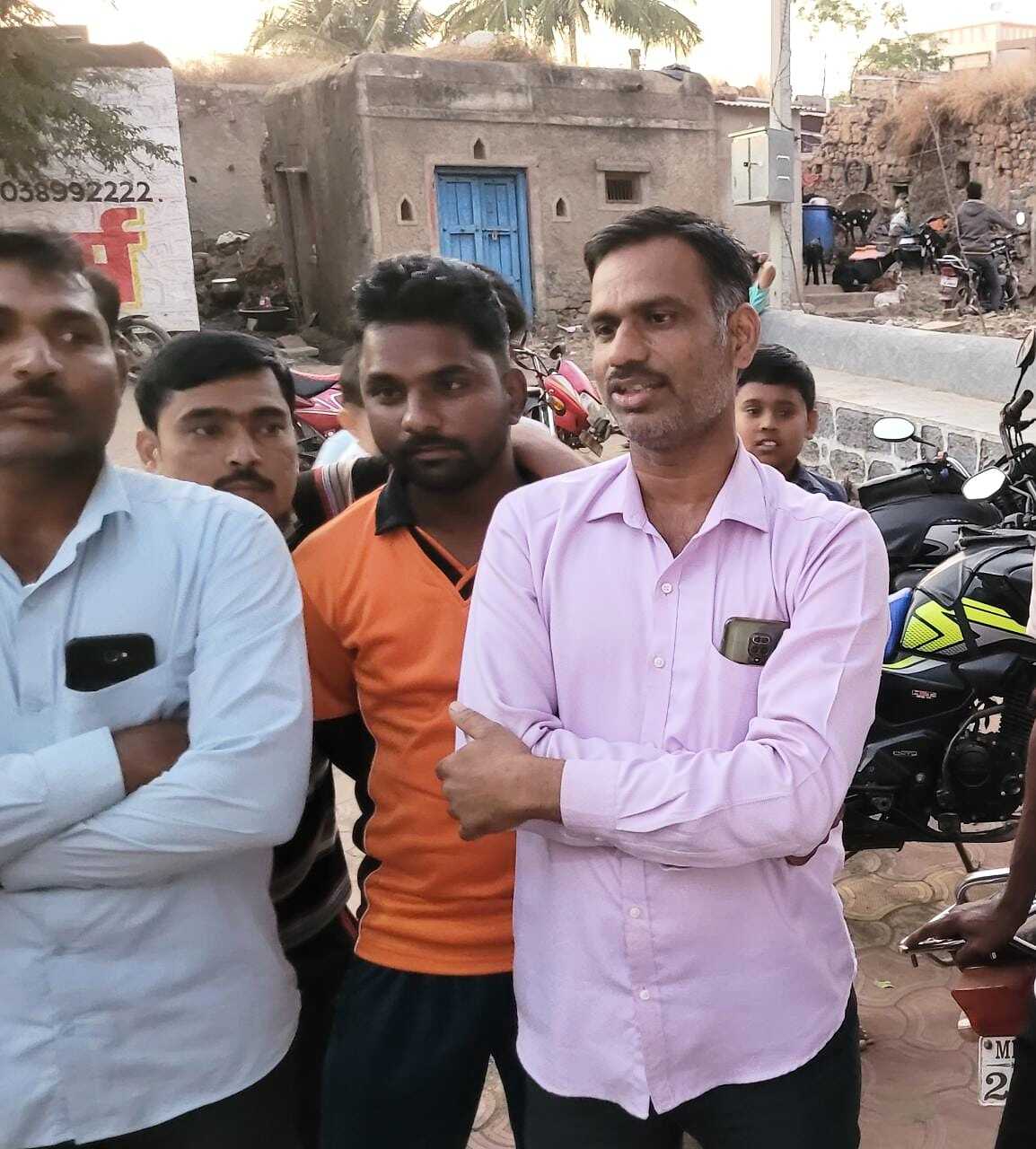
In the neighbouring village of Mendhegeri, students returning from school were keen to know why their quaint village was buzzing with media persons.
Akshata, who studies in Class 9 in a school 35 kilometres away, says she is aware of the demands made by Jath and aspires to work in Bengaluru when she grows up. “We have school from classes 1 to 4 here. Our school is a two-hour drive away,” said the teenager, pointing towards the only Kannada school in their area.
“Do write about our conditions as you see them and highlight them for governments of both states. Please help them see the reality and develop our village,” she added.
Subbulakshmi, who bathes her one-year-old daughter in half a bucket of water and saves the rest for her elder child, says their main problem is water availability and jobs.
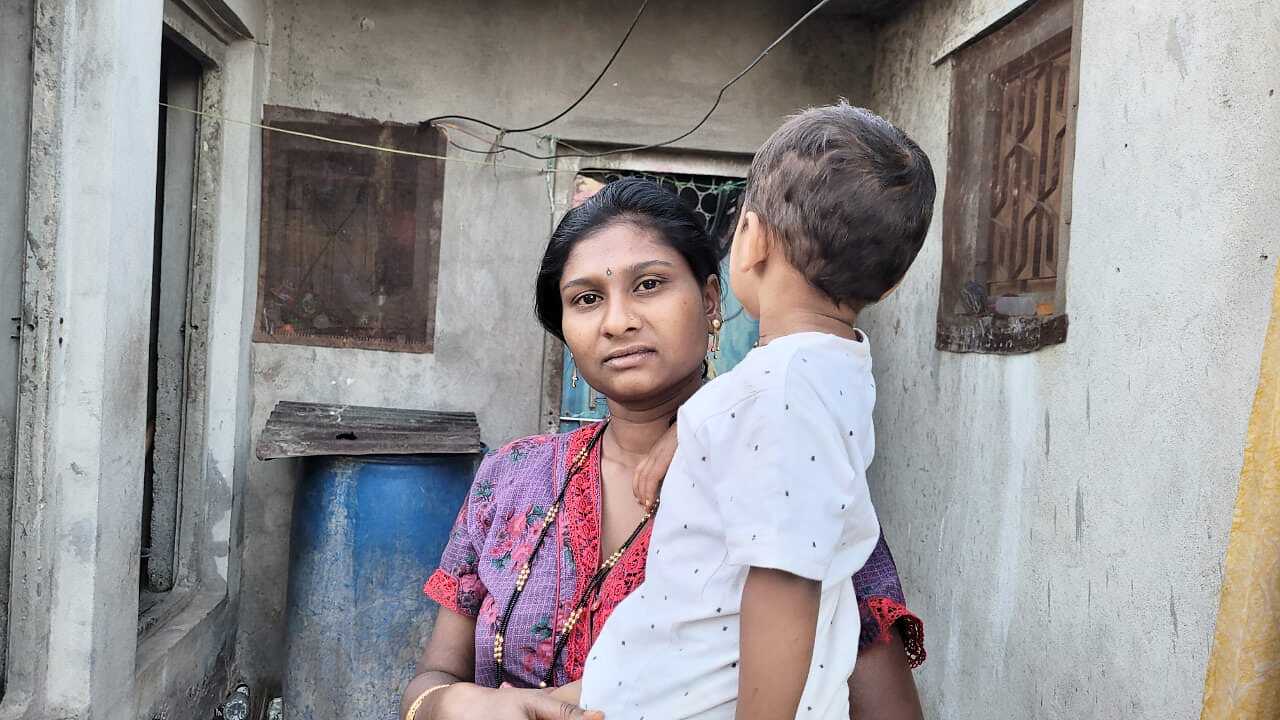
“My husband travels 45 kilometres towards Bijapur each day for work. We have to source our water from five kilometres away every day so I ration it carefully for my family,” said the young mother who lives in Jath’s Mendhegeri village but was born and raised in Karnataka’s Vijayapura (formerly) Bijapur district before her marriage to Suresh Hadimani.
“We don’t know what politics is all about. All I know is we would be better off with Karnataka. I know this based on what I see in the news,” was her reply when asked about her opinion on Jath wanting to become a part of Karnataka.
‘Drops of life’
Roads are almost non-existent as one travels towards Jath, which is dotted with large tracts of barren land and some sugarcane and jowar fields.
The locals claim that water from the Mhaisal project had been promised to the 40-plus villages but the Maharashtra government, out of vendetta, denied irrigation water. The parched lands of Jath are thankful to Karnataka for releasing excess water through the canals from a water project bordering Vijayapura.
“During elections, leaders, including chief ministers, come to the region and promise a permanent solution. However, we are left dejected each time,” said Prakash Chananbasavanna who travels towards Karnataka’s Athani for his job every day.
Subhash Bellubi, a retired official who has been a part of several agitations demanding ‘justice for the Kannada-speaking people of Jath’, articulates that the border row and the Jath issue are different.
“Jath people come onto roads seeking development and water. In Belagavi, the fight is on linguistic lines. We do not indulge in any sort of violence. We are laying our demands peacefully and are hopeful of a solution, even if it takes decades,” Belubbi told News18.
Marathi-speaking villages caught on the other side
As the demand of Jath villages to join Karnataka gets louder, there are gram panchayats in the state that have their heart and soul in Maharashtra. Driving into Yellur, located just 12 kilometres away from Belagavi’s Suvarna Soudha (assembly complex), one is transported to a ‘mini Maharashtra’. The streets are dotted with Marathi signboards and the residents proudly flaunt their culture.
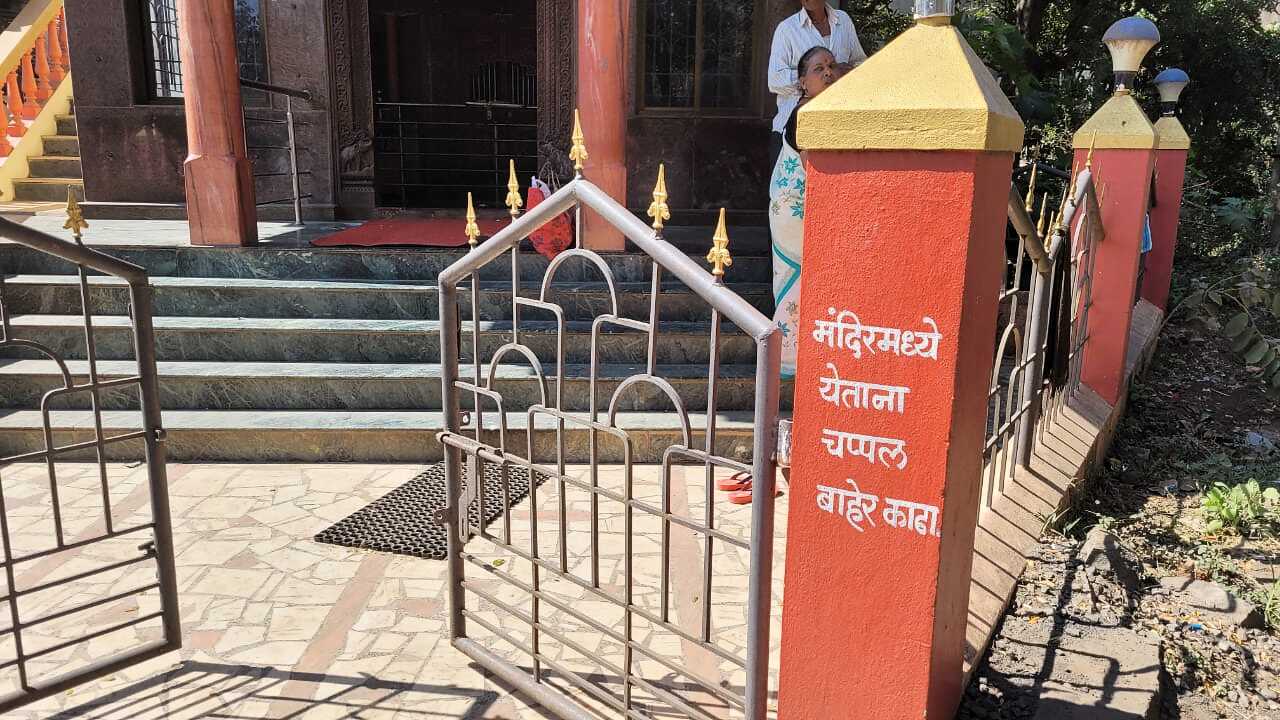
People of Yellur consider themselves ‘Marathi Manoos’ and consciously speak in Marathi amongst themselves. They respond in Hindi if spoken to in Kannada and go one step further to claim they do not speak Kannada — even though they live in the centre of Karnataka’s Belagavi.
However, when the border tension between Karnataka and Maharashtra spilled on to the roads in Belagavi, the people of Yellur preferred to stay away. The residents feel the border and language issue crops up only when the elections are near or the Belagavi session is held during winters.
“The politicians are the ones who fan the fire and then act as it they are dousing it. When the situation gets violent, they are the ones who set fire to our pyres. In the end, we lose everything,” said Shekhar B who has spent his life in Yellur.
Yellur’s demands are in stark contrast to that of Sangli’s Jath. Infrastructure and education are not the problems here, but the lack of employment opportunities irks residents.
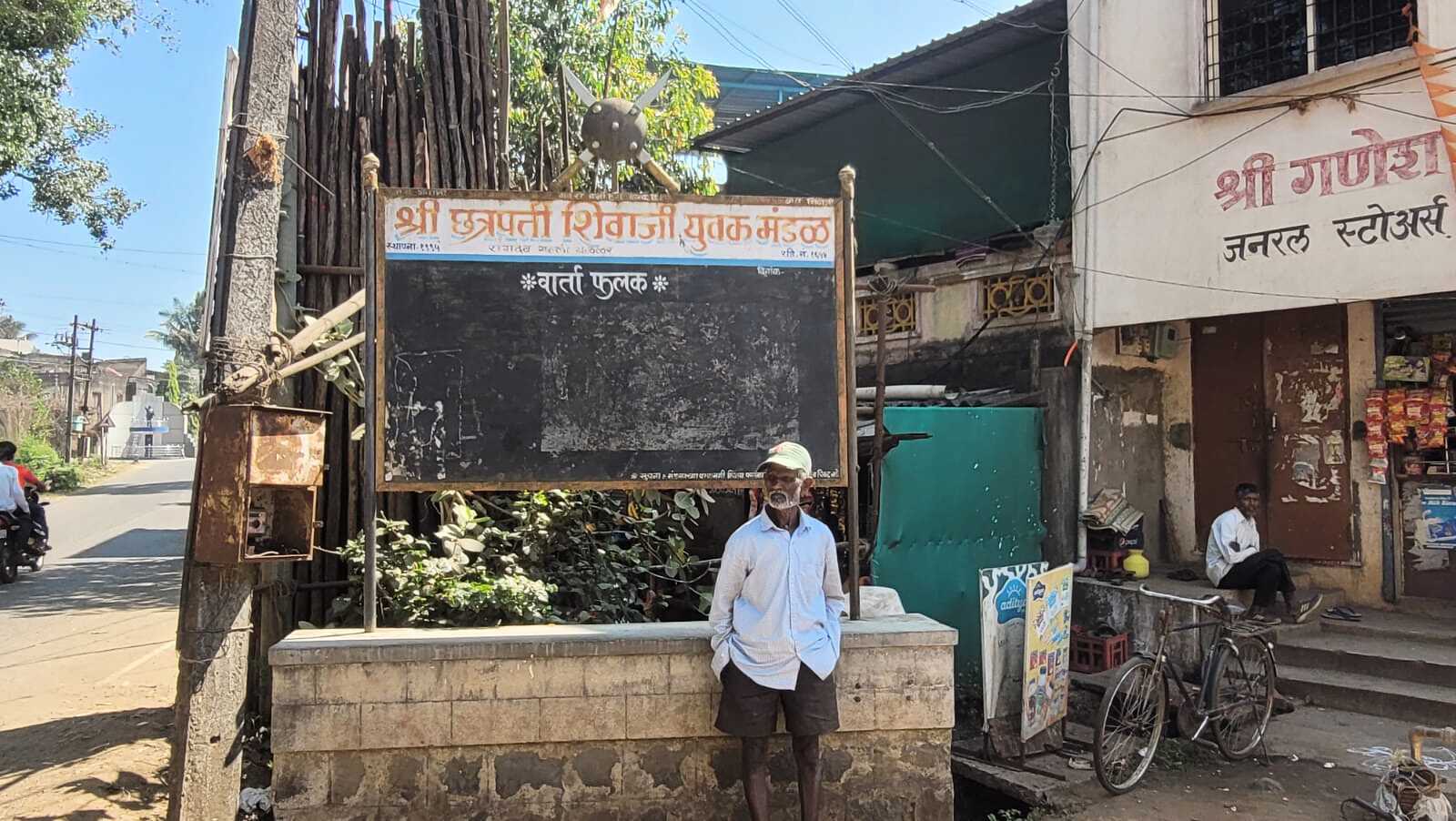
“We are not accepted in Karnataka. Everything is in Kannada and even though we speak to government department officials in Hindi, they take offence and treat us differently. Jobs are few as most of us have studied in a Marathi-medium school here,” said a retired private company official who did not want to be named.
‘Maharashtra High School, Yellur’ — the signboard painted on one of the Marathi-medium schools stands as a silent sentinel of Marathi dominance in the area. Yellur has four Marathi-medium schools that teach students in their ‘mother tongue’. This is a conscious effort to ensure the younger generation living in Karnataka’s Yellur remains connected with ‘Marathi sanskruti’ and legacy, explains an educationist who had passed out of a similar school in the early 1980s.
“We are so out of place that despite being educated, we feel we are illiterate as we can neither speak, read nor write Kannada,” the educationist said.
Karnataka passes resolution
As the issue simmers, the Karnataka Legislative Assembly on Thursday passed a resolution on the border dispute, reiterating that it will “not cede an inch of land to Maharashtra”. With the support of the Opposition, the Basavaraj Bommai-led BJP in Karnataka reiterated that the boundary issue had already been settled by the Mahajan Commission report.
This toned-down move by the Bommai government comes just after a mediation meeting was held between Union Home minister Amit Shah, Maharashtra Chief Minister Eknath Shinde, and Bommai in Delhi recently where they were advised to not escalate the issue further. Shah played peacemaker and asked both chief ministers to form ministerial teams to address the border dispute and patiently wait till the Supreme Court delivers its verdict on the case.
The issue is important for the BJP as elections to the Karnataka assembly are hardly five months away.
Read all the Latest India News here











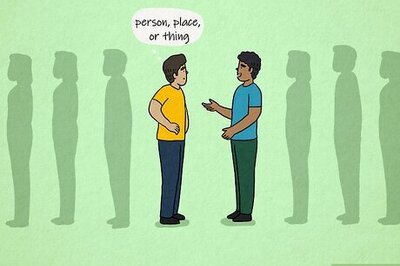


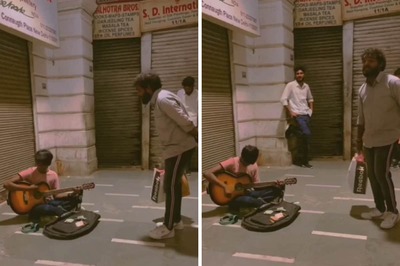


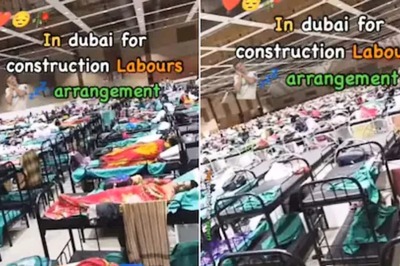
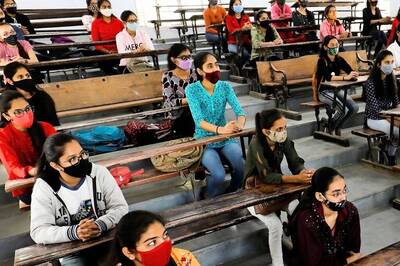
Comments
0 comment